The Role of Superfoods in a Balanced Diet
An Overview and Practical Guide
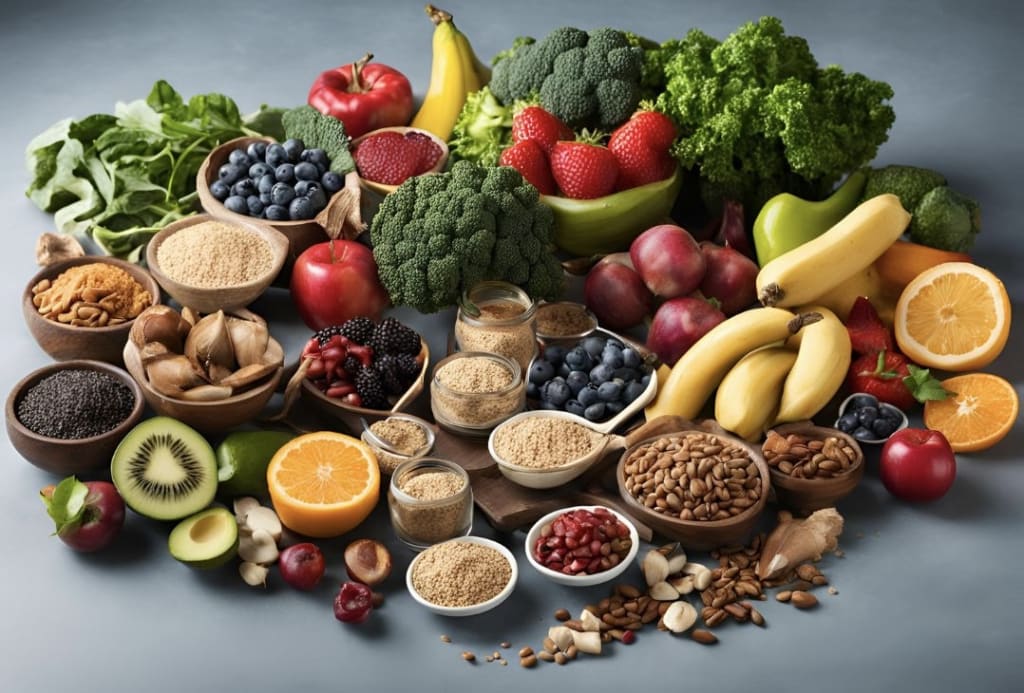
In the quest for optimal health, the concept of "superfoods" has garnered significant attention. These nutrient-dense foods are celebrated for their exceptional health benefits, offering a natural boost to a balanced diet. This article provides an overview of superfoods, their nutritional advantages, and practical ways to incorporate them into your daily meals.
What Are Superfoods?
Superfoods are natural, unprocessed foods that are rich in vitamins, minerals, antioxidants, and other nutrients. They are known for their potential to enhance health, prevent diseases, and promote overall well-being. While there is no official scientific definition, superfoods are generally recognized for their high nutrient density and low calorie content.
Key Superfoods and Their Benefits
1. Berries (Blueberries, Strawberries, Acai)
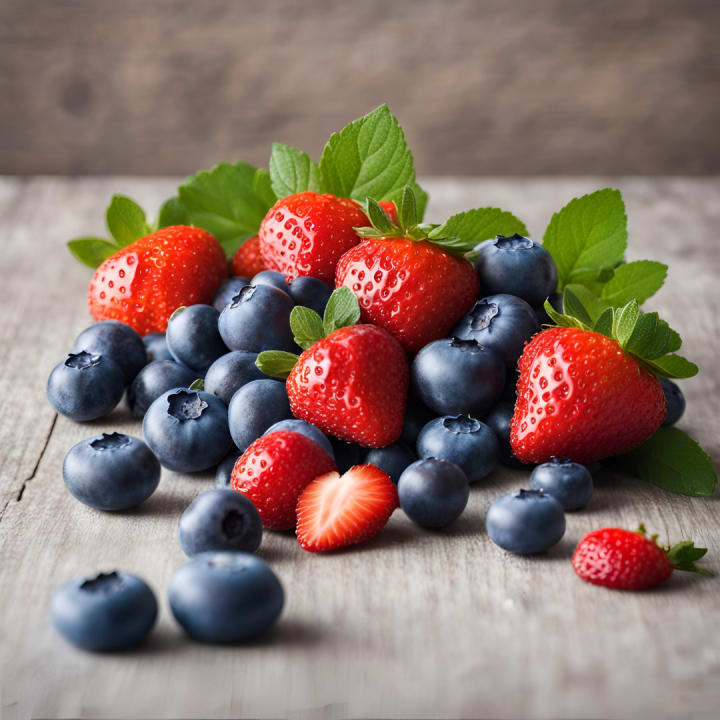
- Benefits:
High in antioxidants, vitamins C and K, and fiber. Berries support brain health, reduce inflammation, and lower the risk of heart disease.
- Incorporation:
Add to smoothies, yogurt, oatmeal, or salads.
2. Leafy Greens (Kale, Spinach, Swiss Chard)
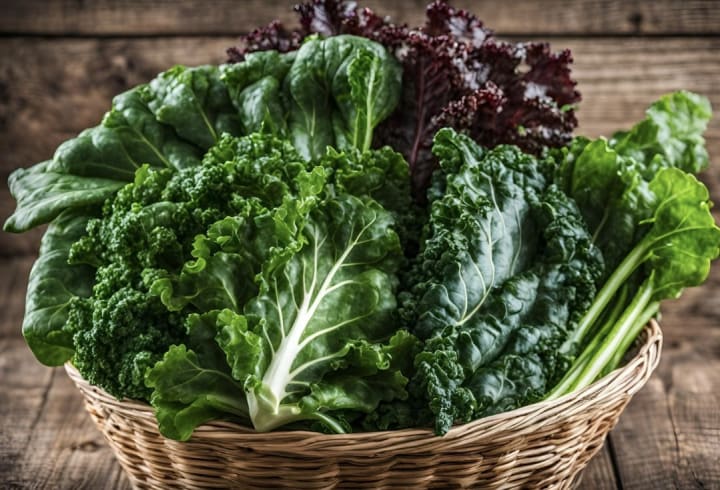
- Benefits:
Packed with vitamins A, C, and K, calcium, iron, and fiber. They promote bone health, reduce the risk of chronic diseases, and support eye health.
- Incorporation:
Use in salads, soups, smoothies, or as a side dish sautéed with garlic and olive oil.
3. Nuts and Seeds (Almonds, Chia Seeds, Flaxseeds)
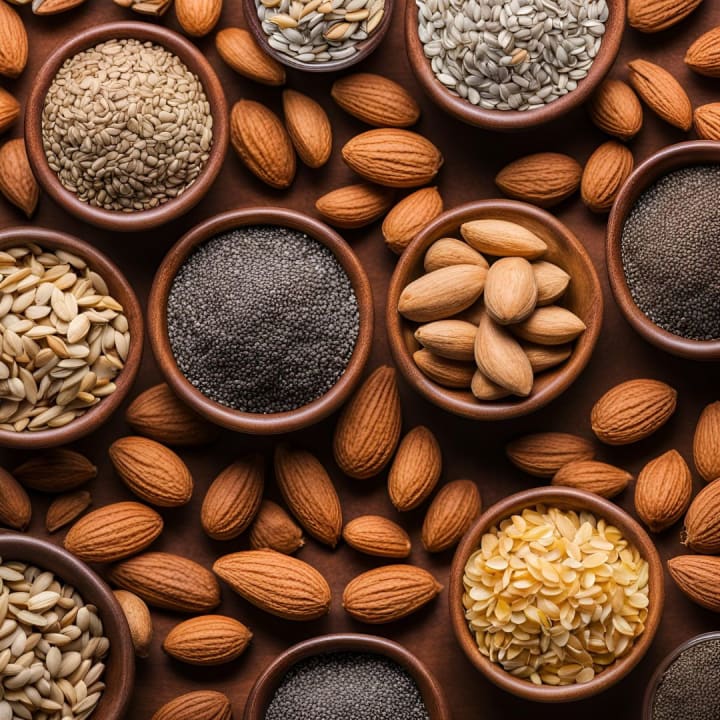
- Benefits:
Excellent sources of healthy fats, protein, fiber, and various micronutrients. They help regulate cholesterol, support heart health, and provide sustained energy.
- Incorporation:
Sprinkle on cereals, salads, or yogurt; blend into smoothies; or enjoy as a snack.
4. Fatty Fish (Salmon, Mackerel, Sardines)

- Benefits:
Rich in omega-3 fatty acids, protein, and vitamin D. Fatty fish improve brain function, reduce inflammation, and support cardiovascular health.
- Incorporation:
Grill, bake, or add to salads and sandwiches.
5. Whole Grains (Quinoa, Brown Rice, Oats)
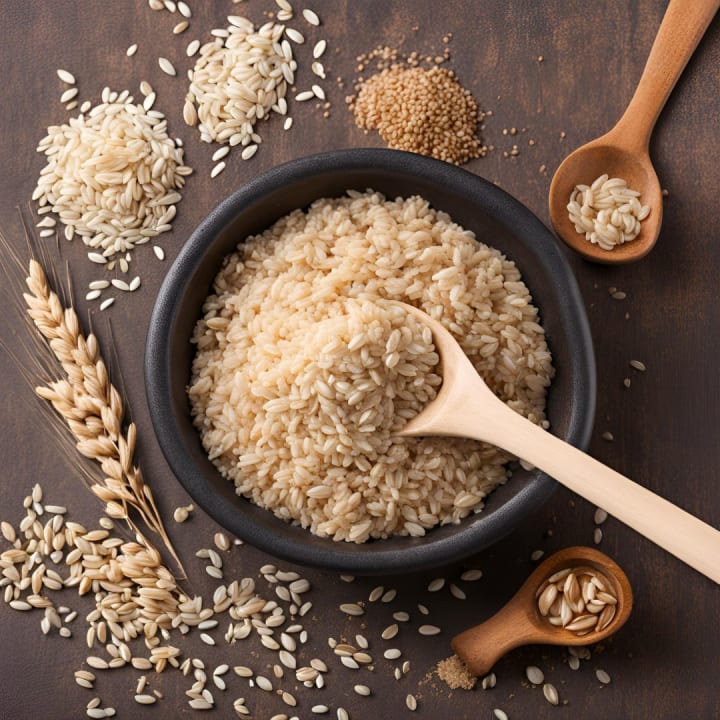
- Benefits:
High in fiber, vitamins, and minerals. Whole grains aid digestion, help maintain a healthy weight, and reduce the risk of heart disease.
- Incorporation:
Use as a base for meals, in salads, or as a side dish.
6. Legumes (Lentils, Chickpeas, Black Beans)
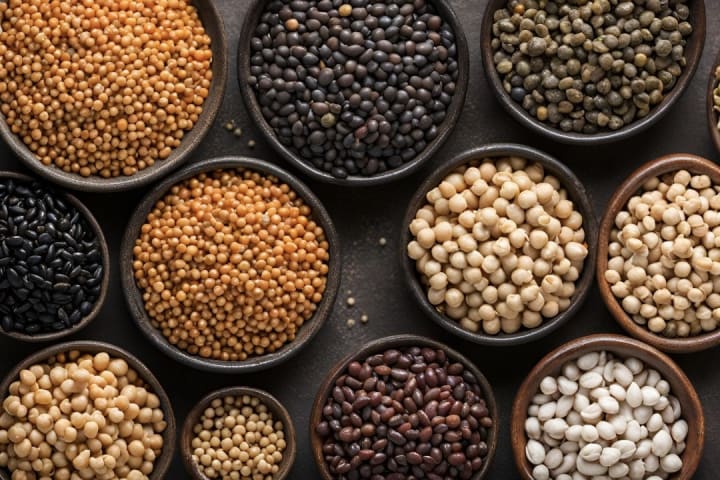
- Benefits:
Rich in protein, fiber, iron, and folate. Legumes support digestive health, help control blood sugar levels, and provide a plant-based protein source.
- Incorporation:
Add to soups, stews, salads, or make into spreads like hummus.
7. Fermented Foods (Yogurt, Sauerkraut, Kimchi)

- Benefits:
Contain probiotics that support gut health, enhance digestion, and boost the immune system.
- Incorporation:
Enjoy as a side dish, in sandwiches, or as a topping for various dishes.
8. Herbs and Spices (Turmeric, Ginger, Garlic)

- Benefits:
Offer anti-inflammatory and antioxidant properties. They can enhance the flavor of food while providing health benefits such as improved digestion and reduced inflammation.
- Incorporation:
Use in cooking, teas, or smoothies.
Practical Tips for Incorporating Superfoods into Your Diet
1. Start Small:
Gradually introduce superfoods into your meals to see how your body responds. Begin with one or two new superfoods each week.
2. Mix and Match:
Combine different superfoods to create nutrient-rich meals. For example, a smoothie with spinach, berries, chia seeds, and yogurt can provide a powerful health boost.
3. Meal Prep:
Prepare superfood-rich meals in advance. Make a large batch of quinoa or a leafy green salad that can be portioned out for several meals.
4. Experiment with Recipes:
Explore new recipes that feature superfoods. Websites, cookbooks, and cooking apps can provide inspiration and ideas for delicious and nutritious meals.
5. Stay Balanced:
While superfoods are beneficial, it's important to maintain a balanced diet that includes a variety of foods. Avoid focusing solely on superfoods to the detriment of other essential nutrients.
6. Mindful Shopping:
When grocery shopping, prioritize fresh, organic, and seasonal superfoods. This can enhance their nutritional value and support sustainable farming practices.
7. Educate Yourself:
Stay informed about the latest research on superfoods and their health benefits. This knowledge can help you make informed dietary choices.
Superfoods play a significant role in enhancing a balanced diet by providing essential nutrients and health benefits. By incorporating a variety of these nutrient-dense foods into your meals, you can support your overall well-being and enjoy delicious, wholesome dishes. Remember, the key to a healthy diet is balance, diversity, and mindful eating.
About the Creator
Enjoyed the story? Support the Creator.
Subscribe for free to receive all their stories in your feed. You could also pledge your support or give them a one-off tip, letting them know you appreciate their work.





Comments
There are no comments for this story
Be the first to respond and start the conversation.